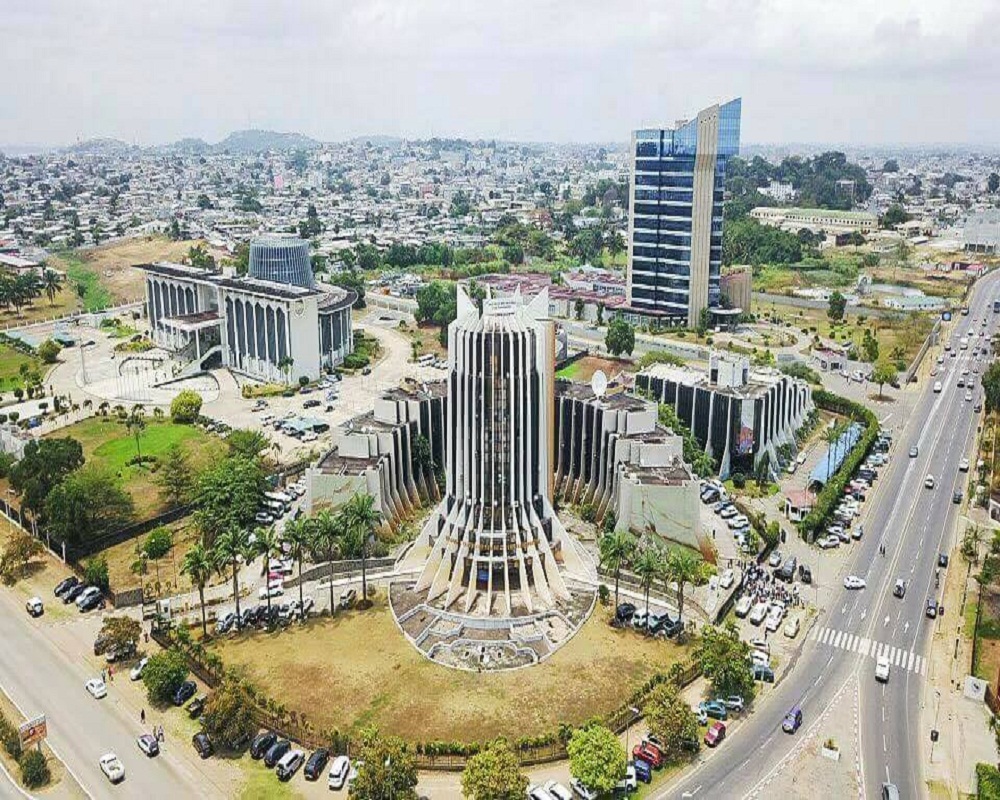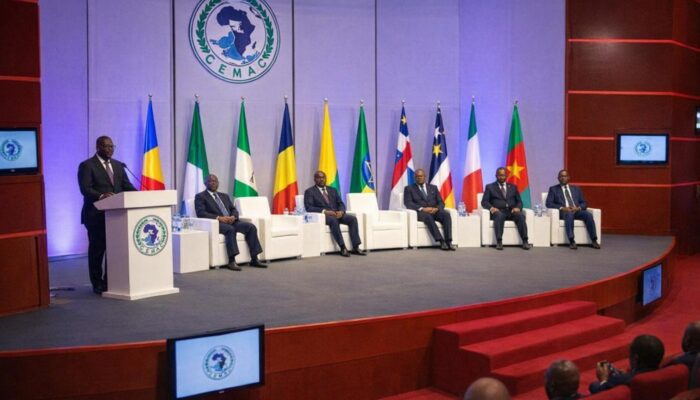Out of 193 countries, Gabon is ranked 1st in the Central African Economic and Monetary Community (CEMAC) zone, 17th in Africa and 146th worldwide in the new Productive Capacity Index (CPI) of the United Nations Conference for the Trade and Development (UNCTAD). The country lags behind in the areas of Energy, Transport, ICT and Structural Change.
The United Nations Conference on Trade and Development (UNCTAD) recently launched a Productive Capacity Index (CPI). Determined by eight components and forty-six indicators, with performances rated from 1 to 100, it makes it possible to measure the capacity of its 193 Member States to achieve their socio-economic transformation.

“This new tool will help developing countries improve their development policies and reduce poverty. It will also strengthen their economic resilience in the face of shocks such as that of the coronavirus pandemic which is devastating economies around the world. It is intended to be a practical guide and a diagnostic tool intended to shed light on trade and development policy choices at the national level ”, underlines UNCTAD.
With an ICP of 26.01 / 100 for the last reference year of the data (2018), Gabon ranks first among Cemac countries, 17th on the continent behind Senegal and 146th place out of 193 economies in the world. The country only records its performance in the “private sector” component which benefited from a rating of 71.8 out of 100. Human and natural capital obtained scores of 40.6 / 100 and 41.2 respectively. / 100. On the other hand, Gabon is poorly rated in terms of the ICT segments (9.9 / 100), transport (12.6 / 100), structural change (14.7 / 100), energy (24.2 / 100) and institutions. (39.1 / 100).
“Many developing countries, especially the least developed and landlocked countries, are lagging behind in all areas of the PKI, except natural capital. This is largely due to their excessive dependence on raw material exports and limited production to a few sectors. There are significant gaps in key aspects of productive capacities, especially in relation to structural changes, institutions, energy, ICTs and human capital, “UNCTAD said.
At the African level, Mauritius, 46th globally, leads the ten best economies on the continent with a score of (37.39 / 100). It is followed by Seychelles (35.68 / 100), ranked 54th in the world, then South Africa (34.04) 73rd in the world, Tunisia (33.24 / 100) 84th in the world, Cape Verde ( 31.11 / 100) 108th, Botswana (30.59 / 100) 116th worldwide, and Morocco (30.51 / 100) 117th worldwide. Namibia, Egypt and Lesotho bring up the rear with respectively (29.4 / 100) 123rd worldwide, (29.39 / 100) 125th and (29.15 / 100) 128th.





